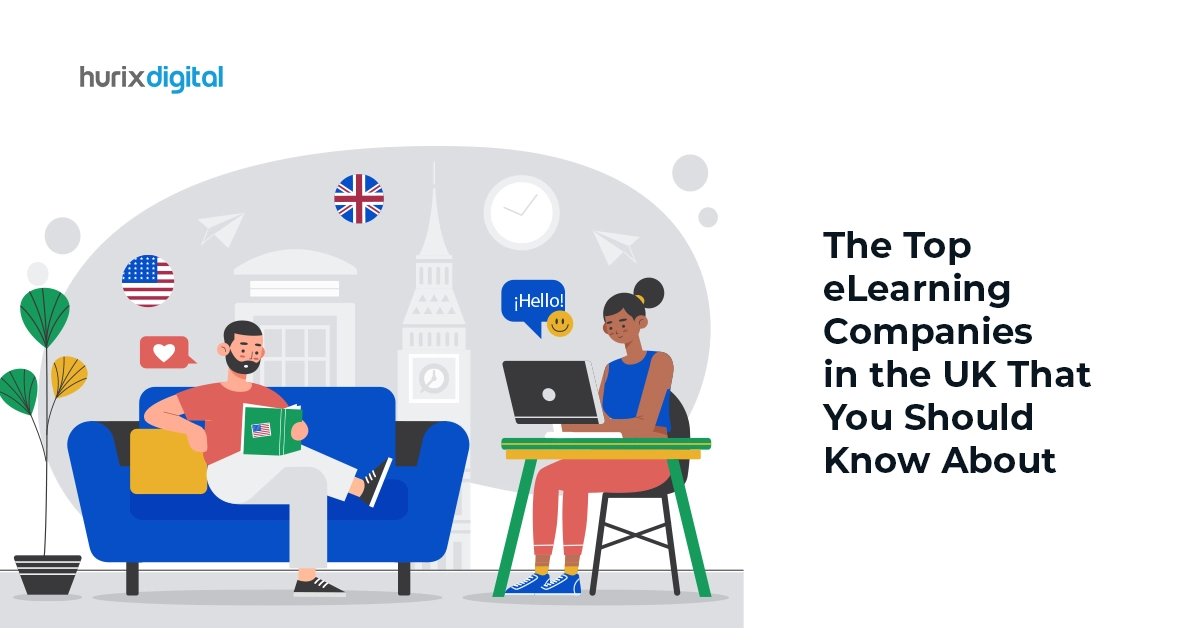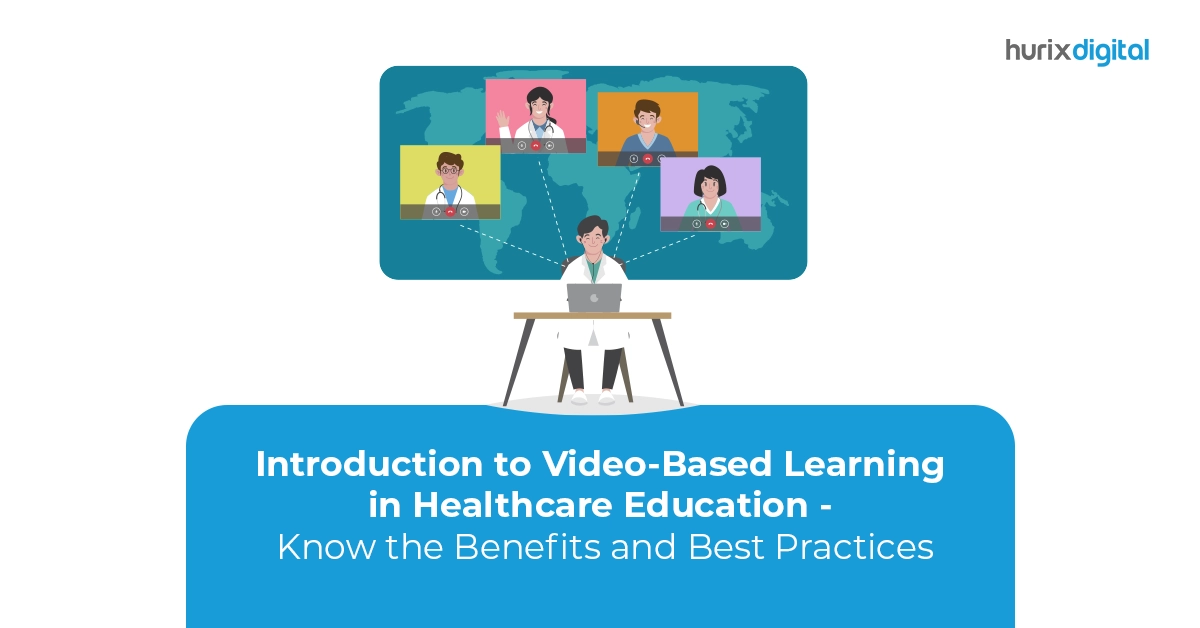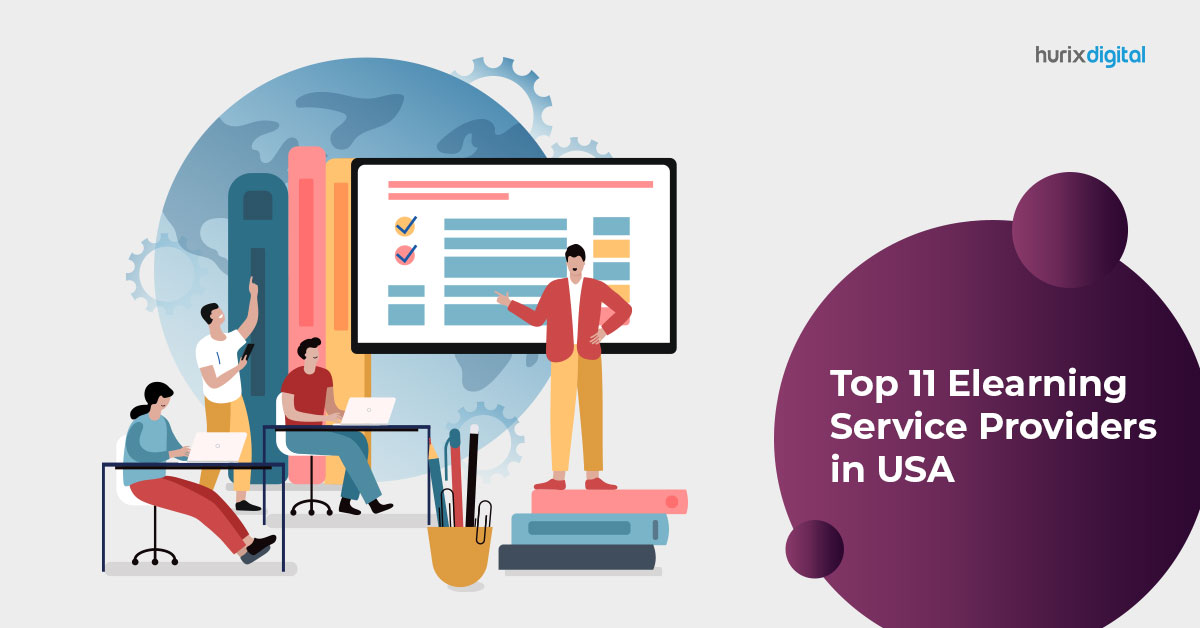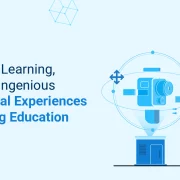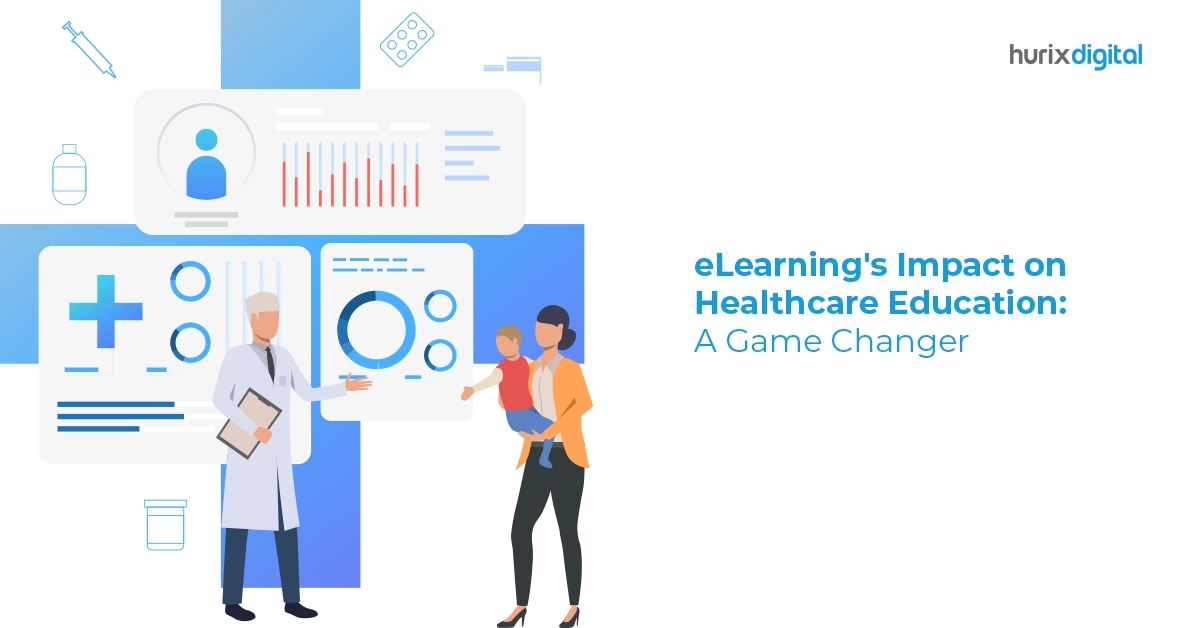
eLearning’s Impact on Healthcare Education: A Game Changer
Summary
This blog discusses the reviewed eLearning’s impact on healthcare education. It further explored the benefits of eLearning in the healthcare education industry.
eLearning or electronic learning has become extremely popular in the last few years. Gone are the days when the traditional face-to-face system of education was effective. Now, online learning has taken over and is transforming every part of the education industry.
One of the prominent areas where eLearning is proving to be a game-changer is the healthcare education industry. eLearning continues to play a vital role in simplifying the complex concepts involved in healthcare education. According to research, eLearning positively impacts and improves students’ learning outcomes.
This blog will discuss and review eLearning’s impact on healthcare education, exploring its benefits for students and educators.
Table of Contents:
Impact of eLearning on Healthcare Education
From increasing accessibility to flexibility, eLearning has improved many aspects of healthcare and medical education. Let’s delve deeper and explore eLearning’s impact on improving healthcare education.
1. Improves Accessibility to Education
In a traditional learning scenario, students must attend classes at a specific time and place, limiting access to healthcare education. eLearning does away with this kind of limitation and widens the door for the delivery of healthcare education.
Digital education has enabled students to access healthcare education from the remotest parts of the country and the world with just a smart device and internet connection. eLearning, thus, has removed the geographical barriers and increased the accessibility of healthcare education to every person who wishes to go into the healthcare profession.
2. Improves Personalization of Education
Unlike a traditional learning scenario, which follows a one-size-fits-all approach, eLearning takes into account individual differences. eLearning development systems consider students’ unique learning goals, styles, strengths, and weaknesses. Based on this information, they curate tailored learning paths for each and every student accordingly.
In this way, eLearning caters to students’ learning needs and significantly improves healthcare education personalization, thereby boosting knowledge retention by up to 25–60%.
3. Improves Flexibility in Education
In a conventional education setup, students must attend lectures at set times every day, leaving little scope for flexibility. In contrast, eLearning provides a greater degree of flexibility.
eLearning has allowed students to study at a time convenient to them, enabling them to manage their family or work commitments smoothly. In addition, in medical eLearning, students can revisit concepts repeatedly until they understand them, facilitating self-paced learning. Moreover, this format allows students to build a strong foundation before moving on to complex topics, which is crucial in a field dealing with human lives.
eLearning, thus, has improved the convenience and flexibility of healthcare education for students and delivers positive learning outcomes.
Also Read: Gamification in eLearning: Global Trends to Keep an Eye On!
4. Makes Education Fun and Engaging
Unlike traditional learning, which follows the monotonous pattern of the educator primarily imparting education, eLearning makes healthcare education far more fun and enjoyable.
In an eLearning scenario, students can watch videos, audio, images, animations, and more to understand medical concepts. Students can also access updated interactive eBooks and explore the information given in the hyperlinks. eLearning, thus, facilitates a deeper understanding of healthcare-related subject matters and provides a more engaging learning experience for students.
5. Makes Education More Practical
eLearning uses innovative technology to facilitate medical training and make education more practical. Technologies like AI, VR, and AR help create simulatory scenarios where students can practice diagnosing and prescribing treatment. For example, in a simulated clinical setting, students can experience a conversation with a patient, thereby practically developing communication skills and learning about medical ethics.
Additionally, students can practice performing surgeries without risking any real harm to the patient. Thus, simulation-based learning helps students develop essential clinical, critical thinking, problem-solving, and decision-making skills, aiding them in becoming better healthcare practitioners.
6. Makes Education More Collaborative
With the help of healthcare-related discussion boards, group projects, and research work, eLearning provides opportunities for students to collaborate and interact. It enables them to connect with people from their country and across the globe, fostering a sense of global community.
Interaction with healthcare students from diverse backgrounds and cultures broadens students’ perspectives and improves their communication and networking skills. Thus, eLearning makes the healthcare learning experience more collaborative and interactive than traditional learning.
7. Increases the Number of Assessment Options in Education
In a traditional learning scenario, assessment involves pen-and-paper tests and practical exams. Unlike this, eLearning widens the scope of assessment in healthcare education and allows educators to set up wider, more detailed assessment criteria.
Educators can regularly evaluate students’ academic understanding after completing every unit with quizzes, MCQs, word clouds, projects, polls, and other online assessments. As a result, educators can track students’ academic performance throughout the year without hassle and provide them with timely feedback to improve their education experience.
8. Enhances CPD in Healthcare Education
CPD (continuing professional development) is a crucial part of healthcare education. Even after acquiring a license, healthcare practitioners must pursue courses to stay up-to-date with the latest inventions in the medical community. Online learning courses enable them to learn about the latest research findings, updated diagnostic guidelines, and treatment protocols. In addition, they help them acquire the necessary education credits needed for license renewal.
eLearning, thus, makes it possible for healthcare practitioners to conveniently gain more knowledge and accreditations, aiding them in career development by enhancing their qualifications.
Also Read: The Importance of eLearning in Healthcare
The End Note
eLearning has made a massive impact on healthcare education. With the global eLearning market expected to reach a whopping $400 billion by 2026, the impact will only increase, making it crucial to incorporate eLearning for healthcare education in educational and medical institutions.
Do you want to streamline the incorporation of eLearning into your educational institution? Outsourcing eLearning services from Hurix Digital can help.
Hurix Digital offers customized eLearning solutions to meet the needs of your educational institution. With the power of multimedia elements, gamification, AI, AR, and VR-based simulations, improve the quality of healthcare education and student learning outcomes. As one of the top-level eLearning companies in the US, Hurix Digital is trusted by Pearson, Cambridge University Press, McGraw Hill, and more.
To know more about custom eLearning solutions, get in touch with Hurix Digital.

Performance, Results, Growth, and Life-Long Learning define my professional life. I am passionate about making workplace learning planful, purposeful, and impactful. I take pride in partnering with clients and bringing them the best in learning design and creating solutions that address business challenges.
